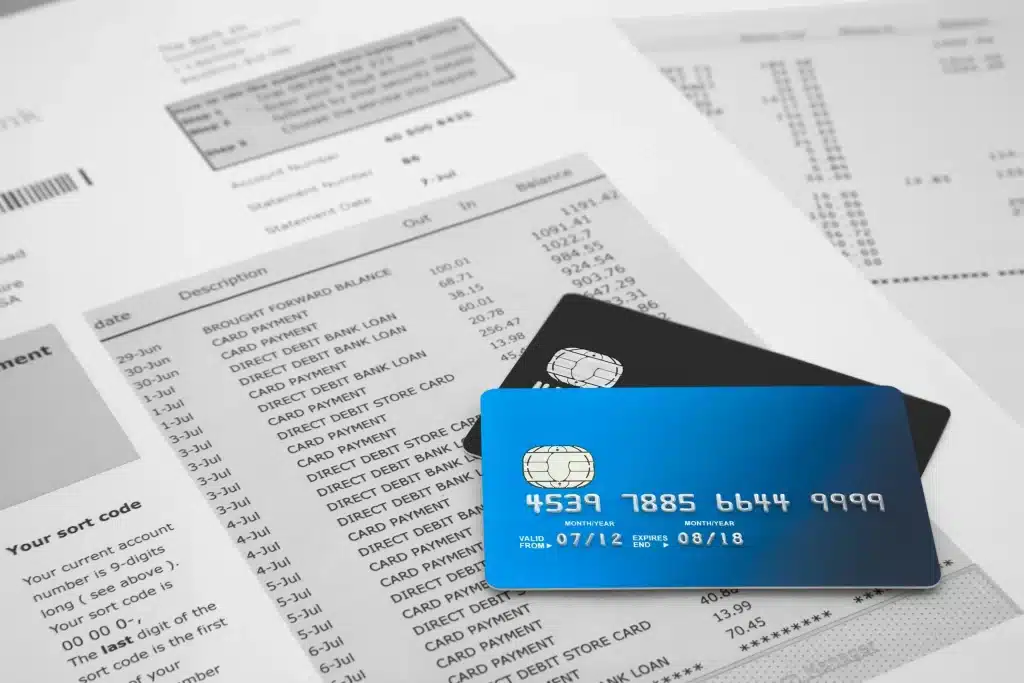Credit cards have become an indispensable part of modern financial transactions, offering convenience and flexibility. However, along with their benefits come the potential pitfalls of accumulating debt and paying hefty interest charges. In this comprehensive guide, we delve into the world of credit card interest, exploring effective strategies to avoid or minimize it and empowering individuals to take control of their financial well-being.
By understanding how credit card interest works and implementing prudent financial practices, readers can navigate the complexities of credit card usage with confidence and ensure that their credit cards remain valuable financial tools rather than sources of financial stress.
Understanding Credit Card Interest

Credit card interest is the price you pay for the convenience of borrowing money from your card issuer. It’s typically expressed as an annual percentage rate (APR) and accrues on any outstanding balances carried from month to month. Failure to manage credit card debt effectively can lead to significant interest payments, eating into your finances and hindering your path to financial freedom.
By understanding how credit card interest works and taking proactive steps to minimize debt and pay off balances in a timely manner, individuals can avoid unnecessary interest charges and maintain control over their financial health.
The Cost of Credit Card Debt
The impact of credit card debt can be staggering, with interest payments draining resources and impeding financial progress. According to recent studies, the average American household with revolving credit card debt pays over $1,000 annually in interest charges alone. This underscores the importance of adopting proactive strategies to mitigate the burden of credit card interest.
By prioritizing debt repayment, exploring options such as balance transfers or consolidation, and practicing responsible spending habits, individuals can reduce the financial strain caused by credit card interest and work towards achieving greater financial stability.
Strategies to Avoid Credit Card Interest
- Paying Off the Balance in Full: The most effective way to sidestep credit card interest is to pay off your balance in full each month. By doing so, you avoid carrying over balances and accruing interest charges. This not only helps you maintain control over your finances but also prevents unnecessary interest expenses from eating into your budget.
- Utilizing Balance Transfer Credit Cards: For individuals grappling with existing credit card debt, transferring balances to a card offering a 0% introductory APR can provide temporary relief from interest payments, allowing you to focus on debt repayment without accruing additional charges. However, it’s essential to carefully consider the terms and any associated fees before making a balance transfer to ensure that it aligns with your financial goals.
- Being Strategic about Major Purchases: When contemplating significant expenses, explore financing options that offer promotional 0% APR periods on new purchases or deferred interest financing. This can provide breathing room for repayment without incurring immediate interest costs. By strategically planning major purchases and taking advantage of promotional financing offers, you can minimize interest expenses and better manage your overall financial obligations.
Strategies to Reduce Credit Card Interest
- Debt Repayment Methods: Employ structured repayment strategies such as the debt avalanche method, prioritizing high-interest debts for accelerated payoff and reduced interest expenses over time.
- Making Multiple Credit Card Payments: Breaking up payments into smaller, more frequent installments helps lower average daily balances, ultimately reducing the amount of interest accrued.
- Tapping into Savings: Utilizing savings to pay down credit card debt offers a high return on investment, effectively saving on interest payments and accelerating debt payoff.
- Considering Personal Loans: For individuals unable to access balance transfer credit cards, consolidating debt with a personal loan at a lower interest rate provides a structured repayment plan and potential interest savings.
Conclusion
Mastering credit card management is essential for financial stability and security. By implementing proactive strategies to avoid and reduce credit card interest, individuals can take control of their finances, minimize debt burdens, and pave the way toward their long-term financial goals.
With diligence, discipline, and informed decision-making, you can navigate the complexities of credit card interest and achieve financial freedom. By staying informed, practicing responsible spending habits, and prioritizing debt repayment, you can mitigate the impact of credit card interest and build a solid foundation for your financial future.
